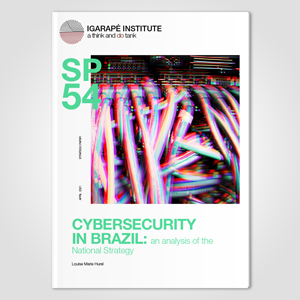
Cybersecurity in Brazil: an analysis of the national strategy
O Instituto lançou o seu Artigo Estratégico 54, Cibersegurança no Brasil: uma análise da estratégia nacional

O Instituto lançou o seu Artigo Estratégico 54, Cibersegurança no Brasil: uma análise da estratégia nacional
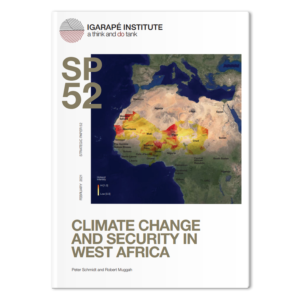
The Igarape Institute has prepared a series of products on the relationship between climate security and violence in West Africa.
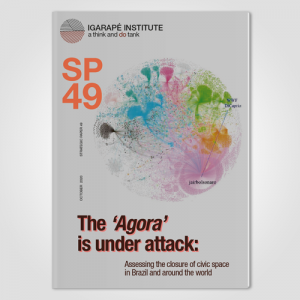
What is civic space? What is its relation to our democracy? Why is it under attack? In this article, Ilona Szabó explains all and proposes a typology for a better understanding of the different strategies and tactics used by authoritarian-populist governments. The article also presents
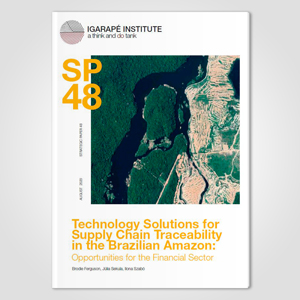
The Amazon is reaching a point that may be irreversible, in which its biome, and with it the global climate, will suffer irreparable damage, negatively impacting not only local communities, but also entire regions and industries. In this article, the Igarapé Institute analyzes challenges around
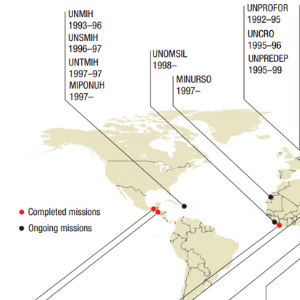
The countries of Africa, Asia, and Latin America provide around 92 percent of all military and police personnel for United Nations (UN) peace operations

This Strategic Paper features the main results of the Childhood Security Index (CSI) application regarding participants from the Bola Pra Frente Institute, which is located in the Complexo do Muquiço and attends children and teenagers from neighborhoods such as Guadalupe, Deodoro and others in Rio de Janeiro’s North Zone.
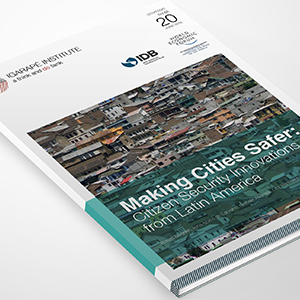
This report explores the evidence of what works, and what does not, when it comes to promoting citizen security in Latin American and Caribbean cities.
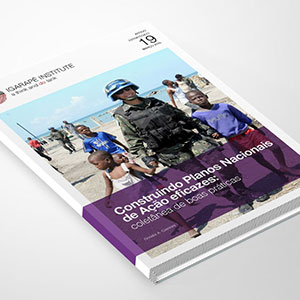
To contribute to Brazil’s National Action Plan (PNA), the Igarapé Institute releases this Strategic Article highlighting lessons learned by countries that have previously developed national plans of this kind.
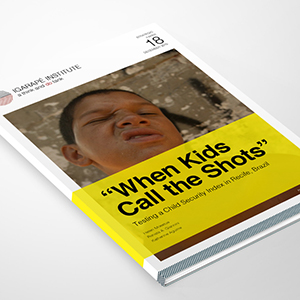
This Strategic Paper describes the first pilot study of the Child Security Index (CSI) and its usage as an open source application to capture children’s perceptions on violence.
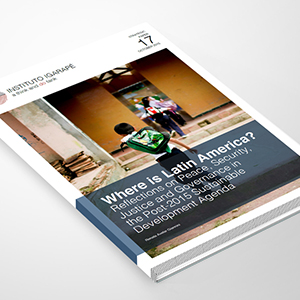
This Strategic Paper studies the contradiction between high levels of violence in Latin America and the low priority given to achieve Susteinable Development Objective 16.
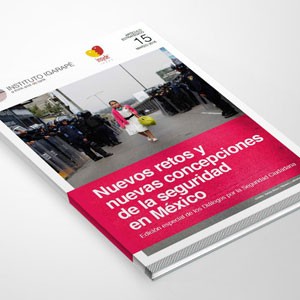
SP-15: Algunos países y regiones en el mundo han visto acumularse durante décadas las evidencias de éxito en las intervenciones encaminadas a construir comunidades seguras y no violentas
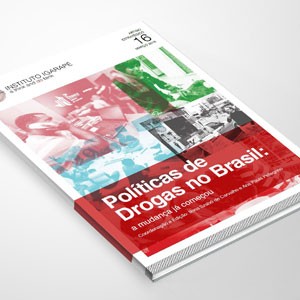
[In Portuguese] A report on 10 brazilian experiences of new approaches on drugs policy.
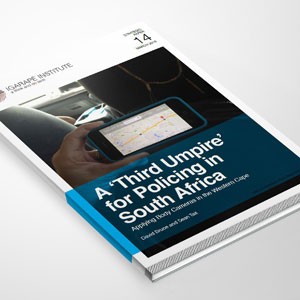
A report on Brazil’s security technology “Smart Policing”, an open-source app for monitoring police developed by Igarapé Institute.
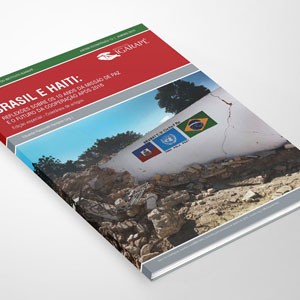
[In Portuguese] Collection of articles on the main challenges and development opportunities in Haiti.
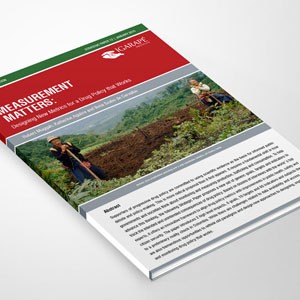
SP-12: Supporters of progressive drug policy are committed to using scientific evidence as the basis for informed public debate and policy-making.
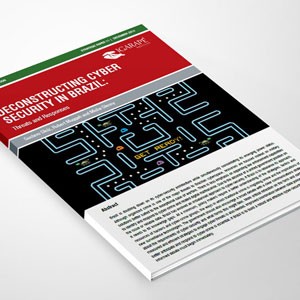
A military response to digital threats can be disproportionate and ineffective to face the risks that already reach the entire brazilian society.
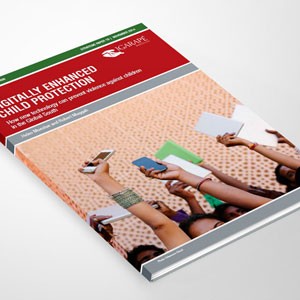
This Strategic Paper reviews the emerging character and functions of ICTs to prevent violence against children in the global South.
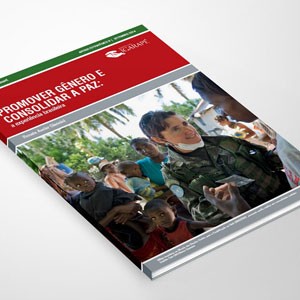
[In Portuguese] This article explores Brazil’s advances and shortcomings in protection activities and technical cooperation projects focused on preventing sexual violence.
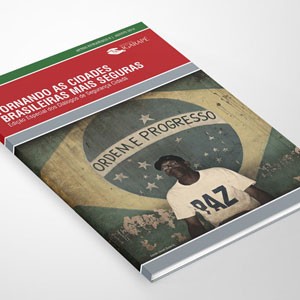
[In Portugues] It is possible to make Brazil safer? Specialists say it is and share effective iniatives of four brazilian states.
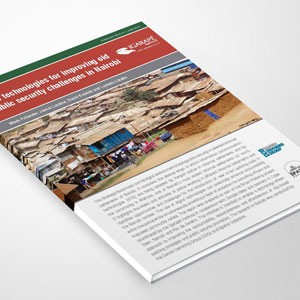
The use of digital technology for violence prevention in Kenya’s capital still find barriers, but there are also positive perspectives.
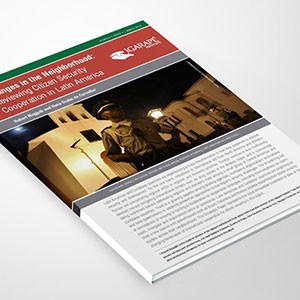
This Strategic Paper represents the most exhaustive treatment to date of the changing landscapes of international cooperation for citizen security in Latin America and the Caribbean.
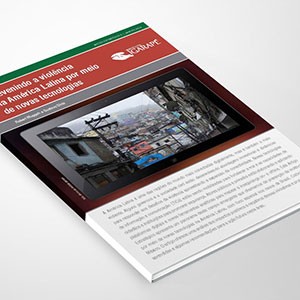
[In Portuguese] Some Latin America governments and civil society are developing new approaches to solve the violence challenges taking advantage of the connectivity expansion.
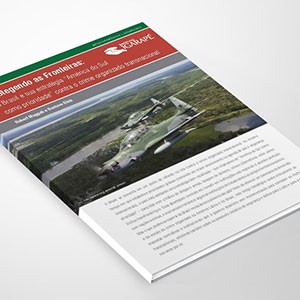
This Strategic Paper offers an overview of the scope and scale of organized crime in Latin America and Brazil more specifically.
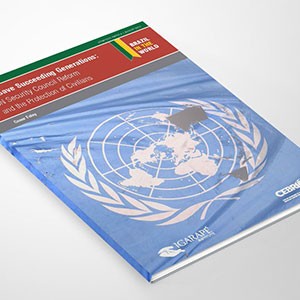
This Strategic Paper was written as a contribution to the debate about UN reform with specific reference to the protection of civilians by peacekeeping missions under international law.
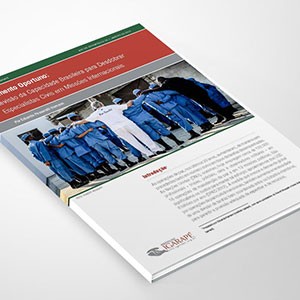
[In Portuguese] A report about the brazilian hability to use their specialists in international missions.
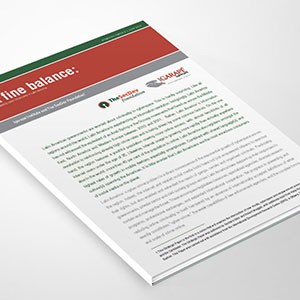
This Strategic Paper examines the character and dynamics of cyber-crime and the ways in which it is being addressed in Latin America.
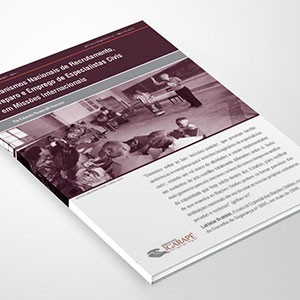
[In Portuguese] This report highlights mechanisms developed by 10 countries to identify, prepare and employ civilian specialists over the last 15 years.

O Instituto Igarapé utiliza cookies e outras tecnologias semelhantes para melhorar a sua experiência, de acordo com a nossa Política de Privacidade e nossos Termos de Uso e, ao continuar navegando, você concorda com essas condições.

